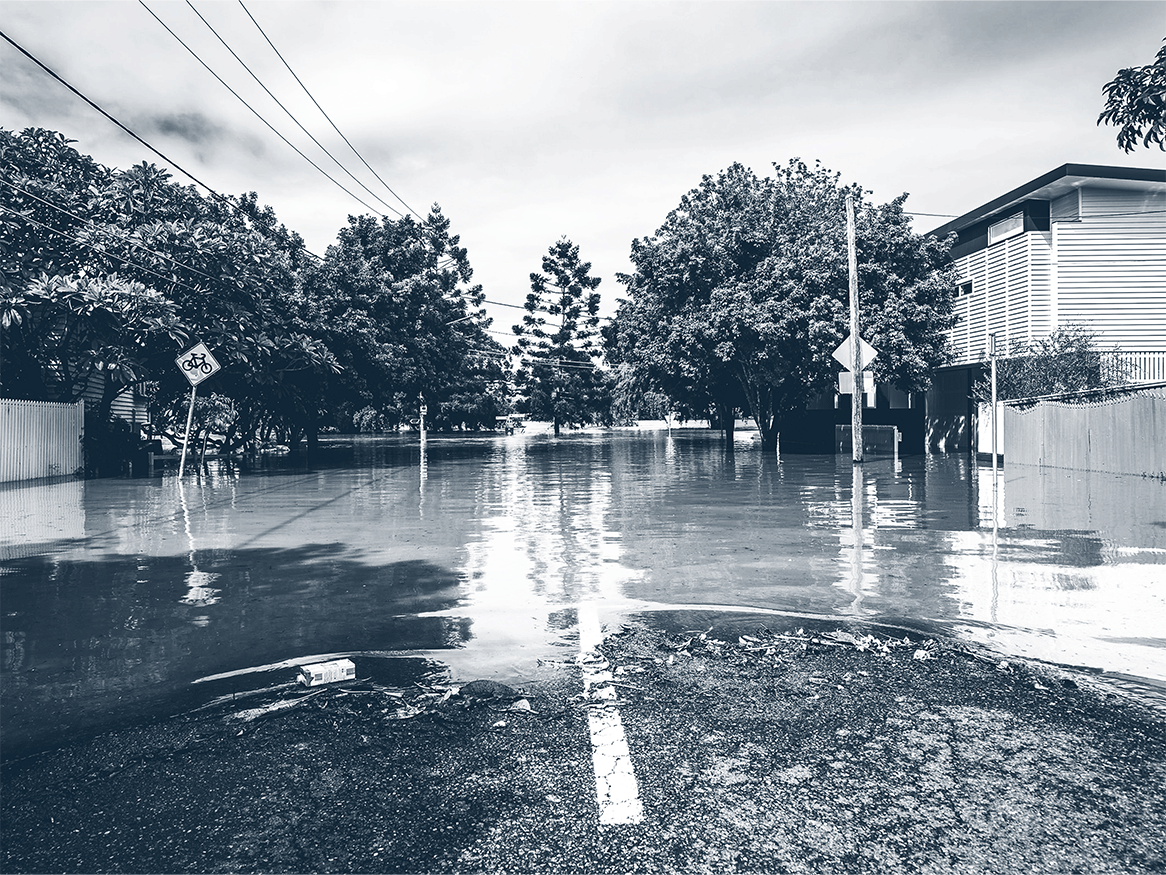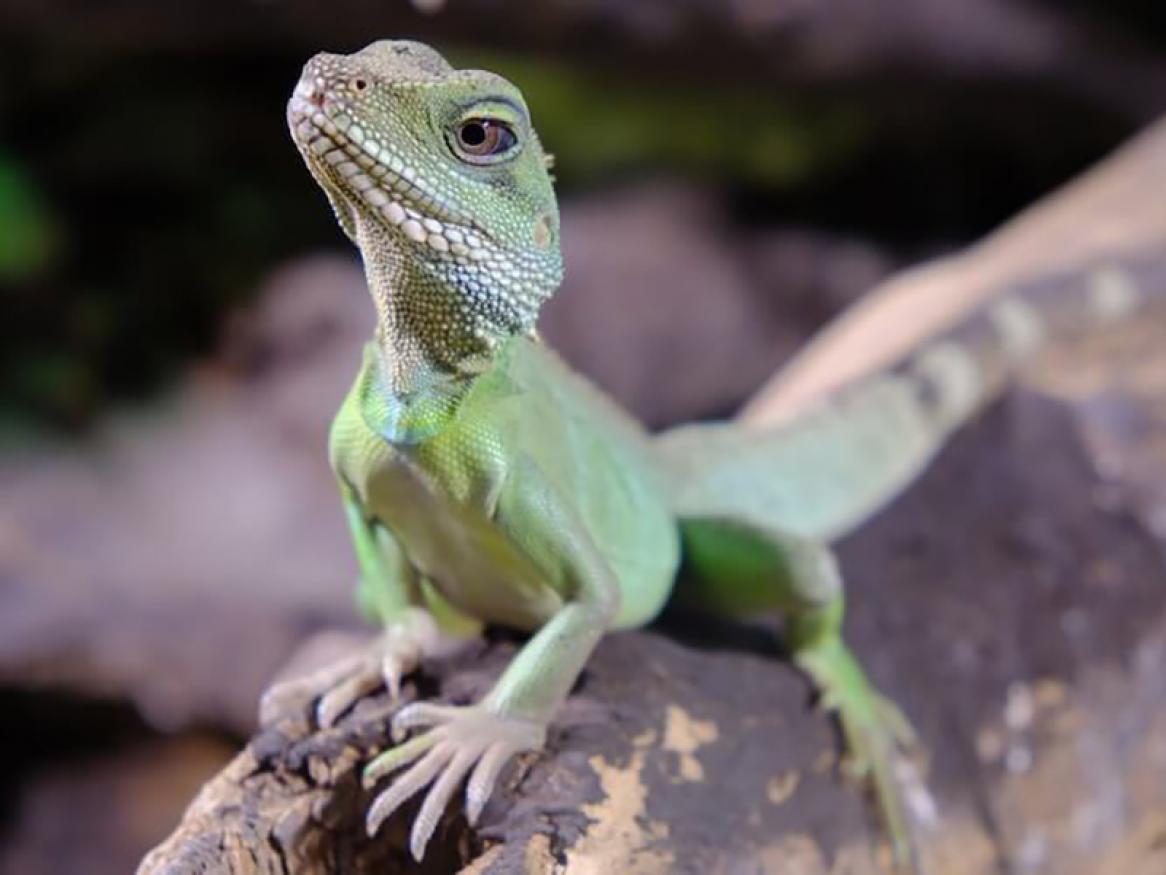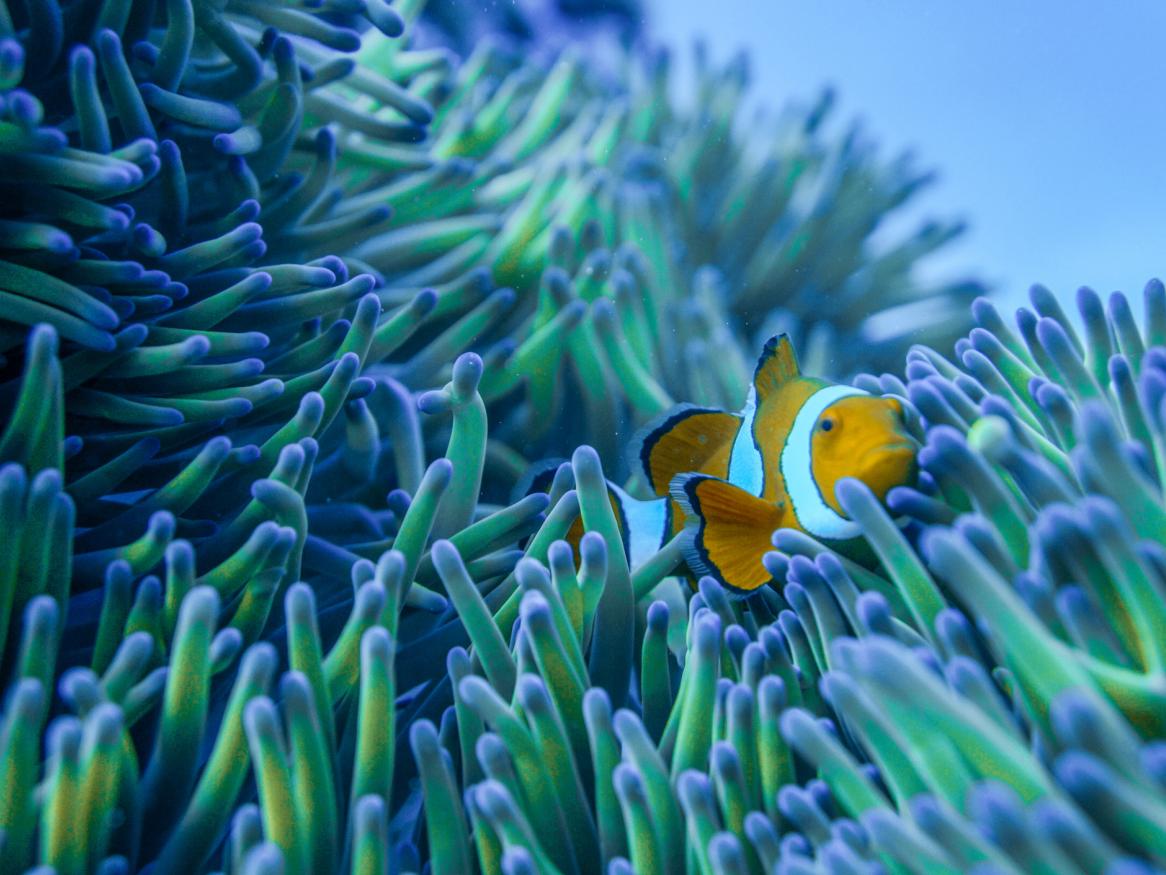Environment, Sustainability & Climate Change
We’re firmly in nature’s corner. With world-recognised expertise in identifying and understanding natural patterns and processes, we undertake a steady stream of successful environmental research projects with local, national and international partners.
Our findings support policy and action on habitat reclamation and rehabilitation. Our insights inform species conservation and ecosystem sustainment. For today, tomorrow and a better future for generations to come.
Impact stories
Making beer more sustainable
The Waite Research Institute and Coopers Brewery have teamed up to make beer production better for the environment.
Read more about Making beer more sustainableRestoring lost reefs: bringing oysters back from extinction
Photo credit: Stefan Andrews
Read more about bringing oysters back from extinctionPreserving culture: protecting heritage buildings against earthquakes
Our engineering researchers have developed breakthrough methods to earthquake-proof heritage buildings, advancing disaster resilience and safeguarding historic cultural sites around the globe.
Read more about protecting heritage buildings against earthquakesNew AI-powered Bushfire-fighting App NOBURN Goes Live
University of Adelaide experts from the Australian Institute for Machine Learning (AIML) developed a new AI-powered model to help predict and prevent devastating bushfires.
Read more about New AI-powered Bushfire-fighting App NOBURN Goes LiveResearch Tuesdays Lecture Series: Risk-ready or not?
With the ever-advancing spectre that is climate change, reducing harm caused by climate-driven disasters will take greater community action and increased collaboration between government, researchers, and industry.
Read more about Risk-ready or not?Wildlife trade threatening unprotected animals
New research from the University of Adelaide’s Invasion Science and Wildlife Ecology Group shows that three times as many unregulated species are being imported into the US compared to regulated species.
Read more about Wildlife trade threatening unprotected animalsOcean Warming Threatens Richest Marine Biodiversity
Creatures that make their homes in tropical waters have enjoyed mostly unchanged temperatures for the past twenty thousand years. Now, new research from the University of Adelaide suggests that these extremely biodiverse areas will be hit the hardest by climate change-induced oceanic warming – and the wildlife is not ready to adapt.
Read more about Ocean Warming Threatens Richest Marine BiodiversityWho to contact
Professor Andrew Lowe is a dynamic and innovative research leader with over 10 years senior experience at the University of Adelaide, government, start-up industry and community sectors.
Start your career
There is no planet B. Pave your way to a career in climate change, sustainability or environment.
Progress your career
Accelerate your environmental career or change direction with a quality postgraduate qualification.










